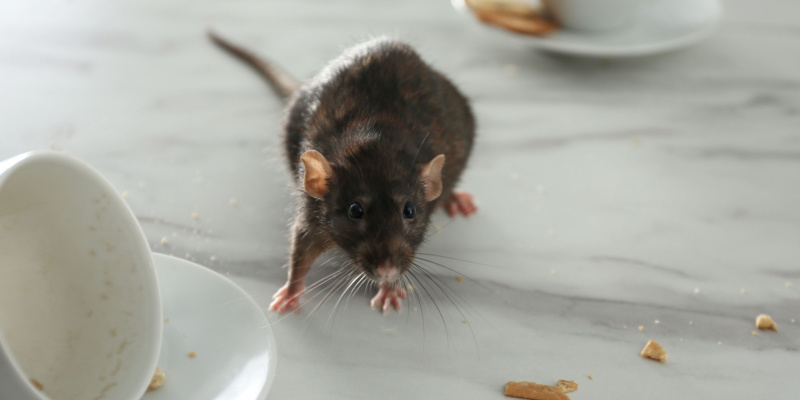Rats are one of the largest pests people will encounter in homes and businesses. Unfortunately, they are a common concern for many New Jersey residents. While these rodents can be found year-round, there are specific months when their activity peaks. If you want to understand rat behavior in order to take preventive measures or eliminate an active infestation, this guide is for you.
The Rat Life Cycle
To comprehend rat activity, it's crucial to understand their life cycle and behavior:
- Reproduction: Rats are prolific breeders. A single pair can produce up to 60 offspring in a year. Their reproductive cycles can be influenced by factors such as food availability and shelter.
- Lifespan: The average lifespan of a rat in the wild is about one year. However, during this short life, they're highly active in seeking food, shelter, and mates.
- Habitat: Rats are highly adaptable and can thrive in various environments, from urban centers to rural areas.
Peak Months for Rat Activity
- Fall (September to November): As the temperatures begin to drop, rats seek shelter to escape the cold. This often leads them to homes, garages, and businesses. Their search for warm nesting spots can result in increased sightings during these months.
- Late Winter to Early Spring (February to April): During this period, food sources outside might still be scarce. Hence, rats continue their quest for sustenance, leading them to venture into human habitats more frequently.
Factors Influencing Rat Activity
- Food Availability: The presence of easily accessible food can attract rats. Months when human food waste is high or when natural food sources like fruits and grains are abundant can see increased rat activity.
- Weather Extremes: Extreme weather conditions, be they hot summers or cold winters, can drive rats indoors in search of shelter and food.
- Urbanization: Construction activities, especially in urban areas, can disrupt rat habitats. When their homes are disturbed, rats might become more visible as they search for new shelters.
Preventive Measures by Season
- Spring: As the weather starts warming up, ensure that all potential food sources are securely stored. Clean up garden areas and ensure compost heaps are well-contained.
- Summer: While rat activity might be less evident in the hot months, it's a good time to rat-proof your home. Seal any gaps or holes in walls, attics, or basements.
- Fall: This is a crucial time for prevention. As rats start seeking shelter, make sure your home isn't inviting. Check for cracks, gaps, or any other entry points, and seal them promptly.
- Winter: Continue monitoring for signs of rat activity. Droppings, gnaw marks, or unusual noises can indicate their presence. Ensure food, including pet food, is stored in airtight containers.
While rats can be active year-round, understanding their peak activity months allows homeowners and businesses in New Jersey to take proactive measures. This knowledge can help you understand the steps necessary to prevent a rat infestation from developing in your home or business.
If you currently have a persistent rat issue and need professional help, a local pest control expert can provide tailored solutions. After all, knowledge is power, and in the battle against these tenacious rodents, being one step ahead can make all the difference.


